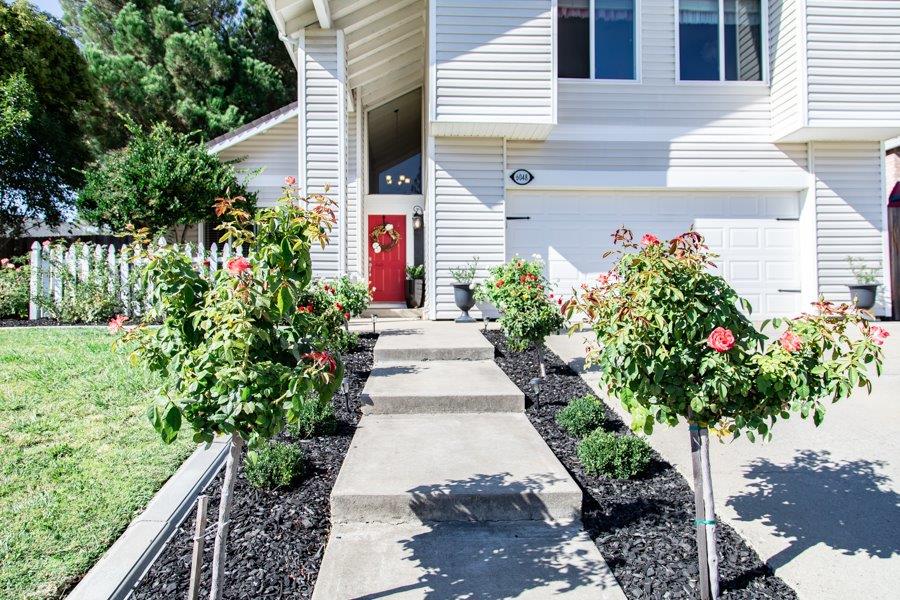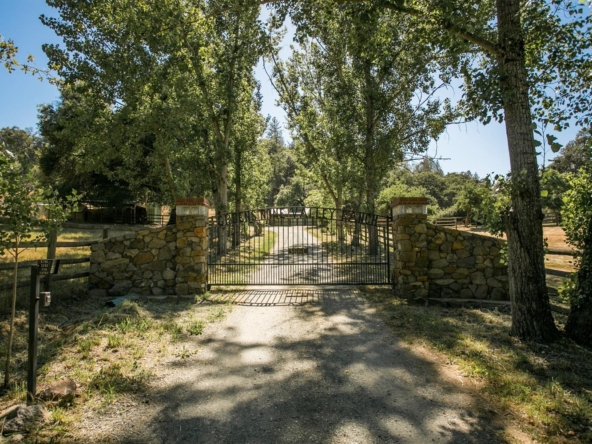Property development can be a lucrative but complex field that involves more than just building or renovating homes. It encompasses the process of reconfiguring or constructing real estate to meet market demands, which requires a sharp blend of research, planning, and management skills. Here are ten quick tips for anyone considering diving into property development.
1. Understand the Market
Before you even think about purchasing land or planning a project, spend time understanding the local real estate market. Research current trends, future predictions, and what types of properties are in high demand. Knowing the market will guide your development decisions and help you to maximize returns.
2. Start with a Solid Plan
Developing a comprehensive business plan is crucial. Your plan should include budget estimates, timelines, expected cash flow, and profit margins. A detailed plan will not only help in managing the project but also in securing financing if needed.
3. Choose the Right Location
Location is key in property development. Look for areas with growth potential where investment is likely to appreciate. Consider factors like local amenities, schools, transport links, and economic stability which can attract buyers or tenants.
4. Build a Reliable Team
Property development isn’t a solo venture. You’ll need a team of experts, including architects, builders, engineers, real estate agents, and lawyers. Hiring experienced professionals ensures that each aspect of the project is handled expertly, which can save time and money.
5. Secure Appropriate Financing
Understanding your financing options and securing the right type is critical. This might include development loans, mortgages, or investment partners. Ensure your financing covers not just construction costs but also allowances for unexpected expenses.
6. Pay Attention to Planning Permissions
Never underestimate the importance of securing the right planning permissions. Understanding local planning laws and regulations is essential. Failure to comply can lead to costly delays and legal problems.
7. Focus on Sustainable Development
Incorporating sustainable practices isn’t just good for the environment; it can also be a selling point for future buyers and tenants. Consider energy-efficient materials, waste reduction strategies, and green living features that make your developments more attractive.
8. Manage Risks Effectively
Risk management is a critical component of property development. Identify potential risks early on, from market downturns to construction delays, and have contingency plans in place. This proactive approach can help mitigate impacts on the project timeline and budget.
9. Market Your Developments Early
Start marketing your developments early in the process. This could include teasers about the project, updates during the construction phase, and full marketing campaigns once the project nears completion. Early marketing helps in selling or renting out the property faster.
10. Learn from Every Project
Each property development project is a learning opportunity. Take the time to analyze what worked well and what didn’t. Understanding your successes and mistakes will guide future projects and help improve overall strategies.
By following these tips, you can increase your chances of success in the competitive field of property development. Each project comes with its own set of challenges, but with careful planning and execution, property development can be a rewarding investment.



